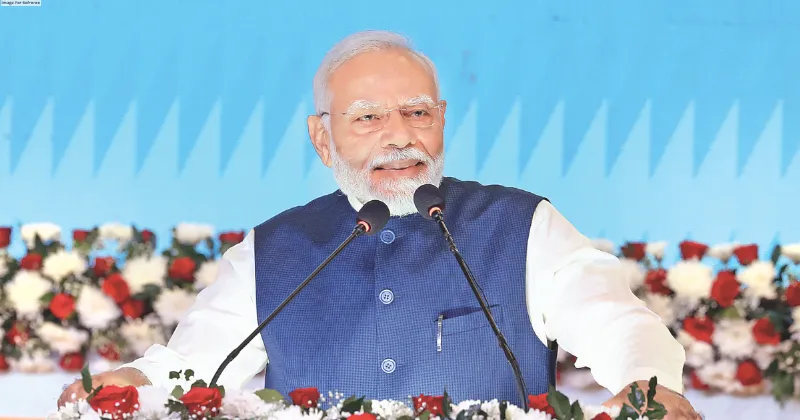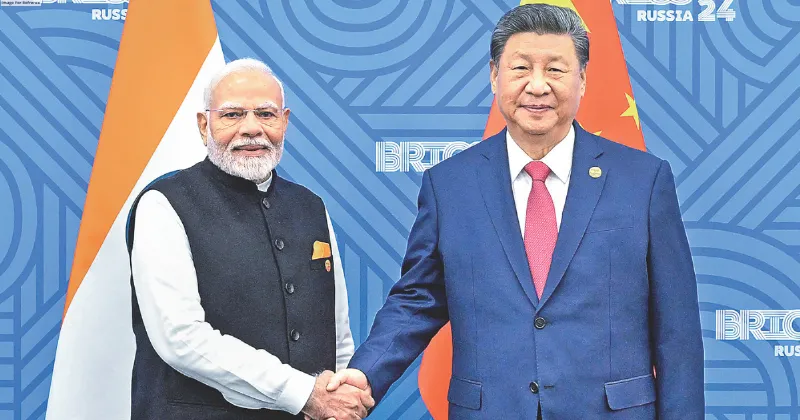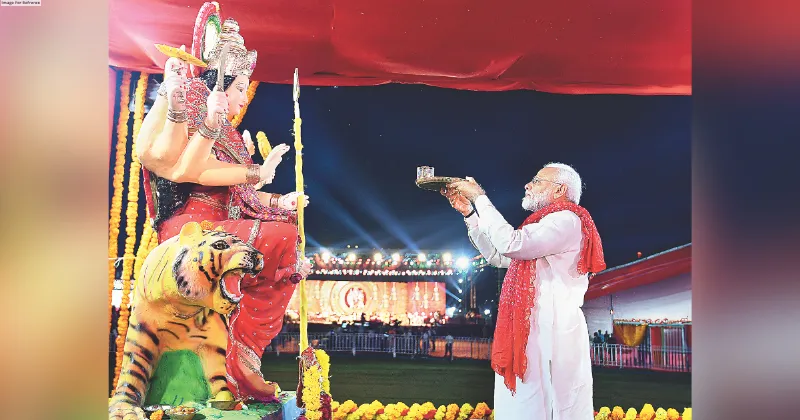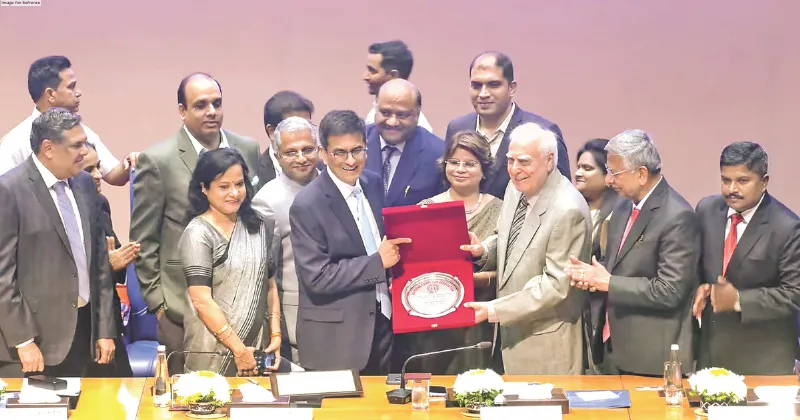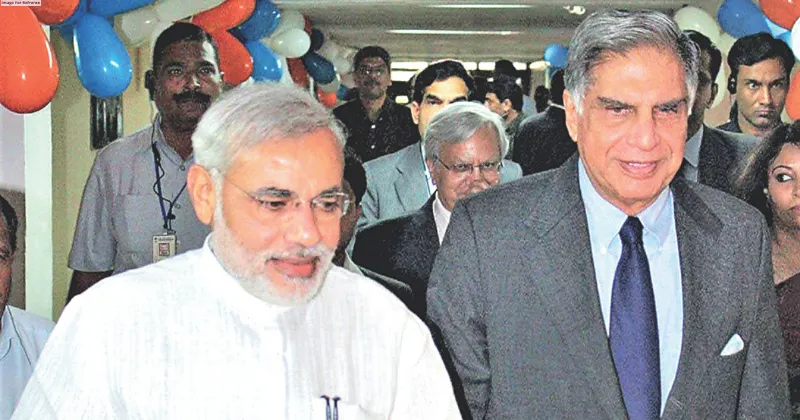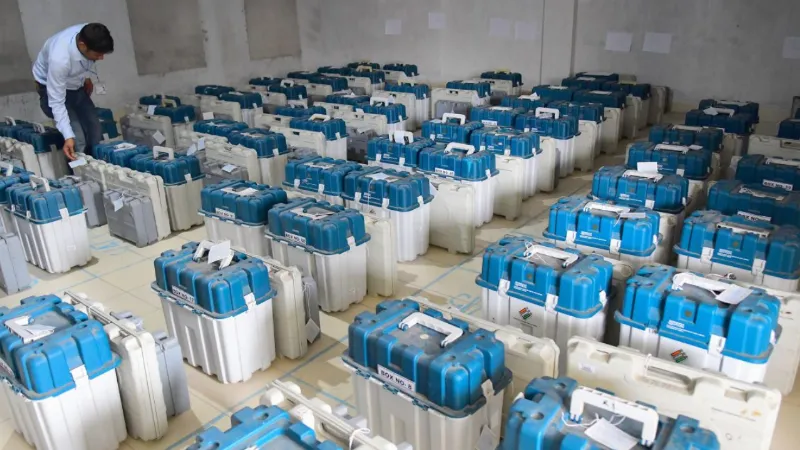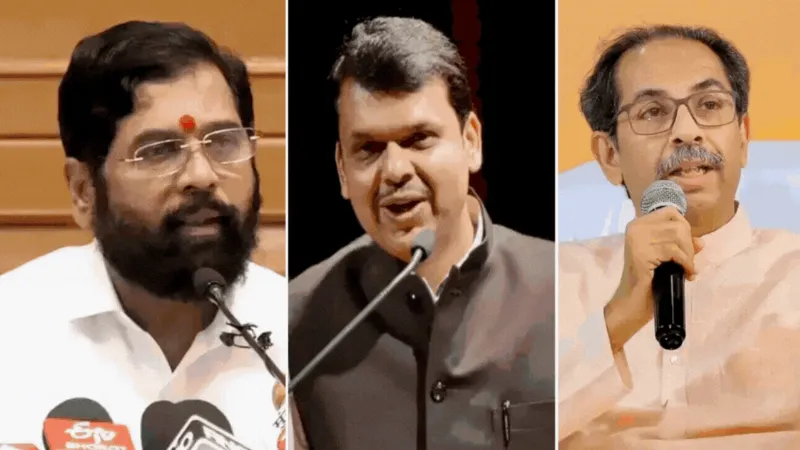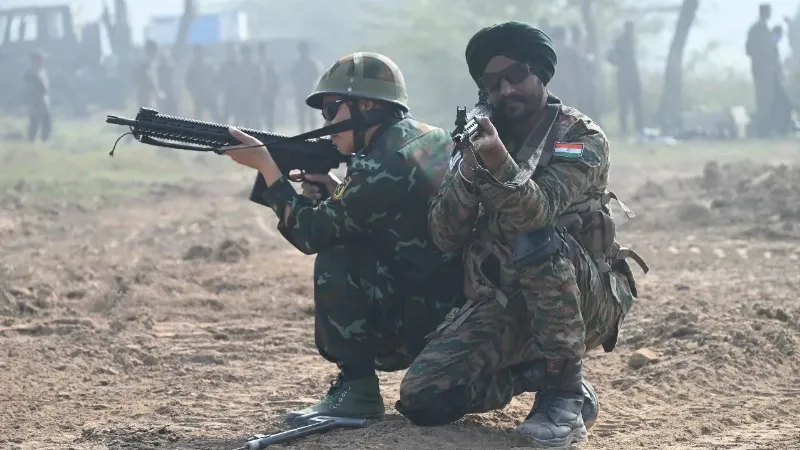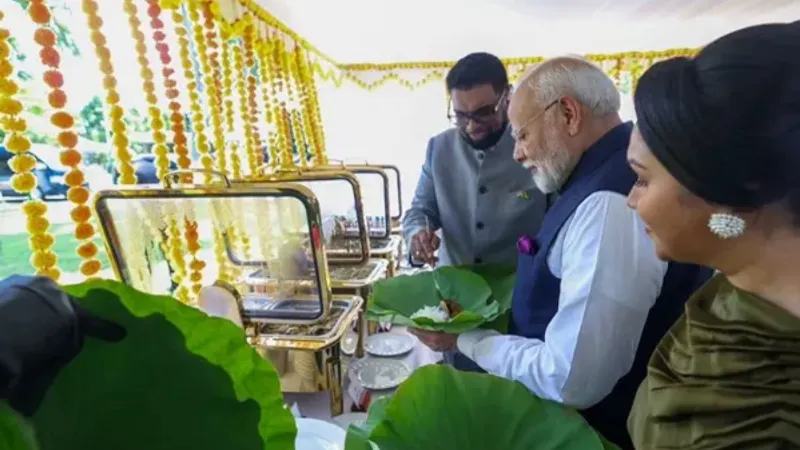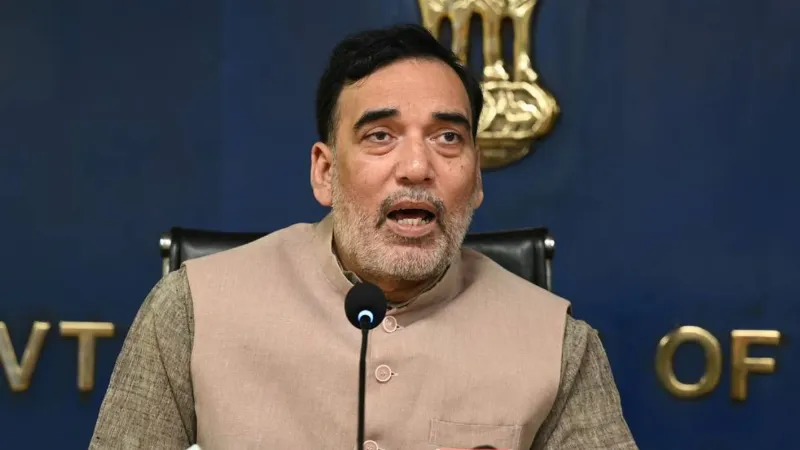CHALLENGES AND OPPORTUNITIES FOR INDIA

Nepal, 45th in size in the world and has 29 million people, takes pride in its history of never having been colonised and has an important geostrategic position, with two nuclear states India and China on either side. In the current scenario, Nepal has opted for a trend of hedging with both neighbours while adhering to a non-alignment foreign policy. Historically Nepal has extensive economic and defence cooperation with India and now aims to seek economic and infrastructure development opportunities from China through initiatives like the Belt and Road Initiative (BRI), to overcome its geopolitical challenges. However, India is concerned about Nepal’s growing relations with China, as it poses a significant threat to India’s interests.
Despite Nepal’s ruling leaders’ perception that India did not treat Nepal as per the spirit of a special relationship, India managed to keep them in its fold for several decades. The Indian establishment saw this as a success of its policies that yielded a stable relationship with its “little brother.” Now, with China making inroads into the new republic, India’s success may be rendered unsustainable. Whether India will succeed in effectively competing with China to safeguard its interests and maintain its sphere of influence, is going to depend on two overarching factors: India’s overall capacity to challenge China, and its political will to address its own controversial approaches towards Nepal.
INDO-NEPAL RELATIONS
Nepal occupies a special significance in its foreign policy because of the geographic, historical, cultural and economic linkages/ties that span centuries. India and Nepal share similar ethnic, religious and demographic profiles. The two countries not only share an open border and unhindered movement of people, but they also have close bonds through marriages and familial ties.
The India-Nepal Treaty of Peace and Friendship of 1950 forms the bedrock of the special relations that exist between India and Nepal. Nepali citizens enjoy special privileges under a 1950 treaty, which allows them to work, live and invest in India as well as join its armed forces. Nepal feeds many perennial rivers in India, houses many pilgrim centres for Hindus, and Buddhists, and acts as a buffer state between two rival nuclear states. India on the other hand is the largest trading partner and source of foreign investment, transit to trade with all other nations, has close defence cooperation and strong military ties, a leading investor in infrastructure and other developmental activities in Nepal.
CHINA’S GROWING INTERESTS IN NEPAL
Nepal supports the One China policy, yet China is apprehensive about furthering its regional power dynamics due to the friendly presence of India and the United States in Nepal.
With Maoists in power, China has managed to address its insecurities and concerns about the border and Tibetan refugees in Nepal. China failed to rope in Nepal to join the Global Security Initiative (GSI), but got them on board for BRI, and finally a rail link between Kathmandu - Lhasa is likely to be effective by 2025. China has become a major source of Foreign Direct Investments (FDI) surpassing India as the largest investor in Nepal marking a shift in the traditional Indo- Nepalese economic ties. Sino-Newalese economic and defence cooperation has seen an upsurge in recent years.
MAJOR CHALLENGES
Nepal’s territorial claims on Kalapani, Limpiyadhura and Lipulekh of Uttarakhand and the area of Susta in West Champaran district, Bihar have become border irritants.
The 1950 Treaty of Peace and Friendship envisaged special links between India and Nepal and is now viewed as a sign of an unequal relationship and an Indian imposition. The idea of revising and updating it has found mention in Joint Statements since the mid-1990s but in vain.
India’s refusal to accept demonetised bills with the Nepal Rashtra Bank and the unknown fate of the report submitted by the Eminent Persons Group (EPG) has become a bone of contention. In recent years, Nepal has drifted away from India’s influence, and China has gradually filled the space with investments, aid and loans. Effectively countering growing Chinese influence in Nepal is essential as it undermines India’s safety and security.
Indo-Nepal border is virtually open and lightly policed which is exploited by terrorist outfits and insurgent groups for supply of trained cadres, fake Indian currency etc. Trust deficit has widened between India and Nepal because of the Indian reputation for delaying the implementation of various projects.
OPPORTUNITIES AND WAY FORWARD
Taking a cue from the IndoBangladesh model, IndiaNepal can resolve border disputes without a rhetoric on territorial nationalism. Need to increase people-topeople, bureaucratic as well as political interactions.
India has to stick to the principles of non-interference and peaceful co-existence are respected and a high level of political engagement with Nepal.
The power trade agreements must be used to build trust in Nepal and optimise the use of hydropower projects for mutual benefit, both financially and for environmental pollution.
Despite the recent proChina political alliance shifting in Nepal, India can exploit the opportunities created by the two Prime Ministers. In July 2021, the Nepalese PM, Pushpa Kamal Dahal visited India and his maiden visit abroad was a great success in terms of launching connectivity projects and signing Memorandums of Understanding (MoUs). In May 2022, the Indian PM, Narendra Modi, laid a foundation stone for a Buddhist Vihara, built with Indian assistance at Lumbini, the birthplace of Buddha. India must exploit the Nepalese leadership’s fear that Chinese projects are under commercial loans that could create an economic crisis like the one in Sri Lanka. Use economic diplomacy by not buying power from Chinese-aided Hydropower projects thereby making Chinese investments in Hydropower projects unsafe and vulnerable.
China’s growing footprint in South Asia is the ‘new normal’ and most neighbouring countries have learnt to deal with both India and China. Nepal too is trying to recalibrate its policies to face this reality. Thus, the role of China in Nepal has become a reality and India has to be cooperative rather than taking the path of confrontation with Nepal for the larger good.
THE VIEWS EXPRESSED BY THE AUTHOR ARE PERSONAL
Col Rajesh Bhukar The writer is a Post Graduate in International Studies, Alumni of Defence Services Staff College, Wellington and College of Combat, Mhow

